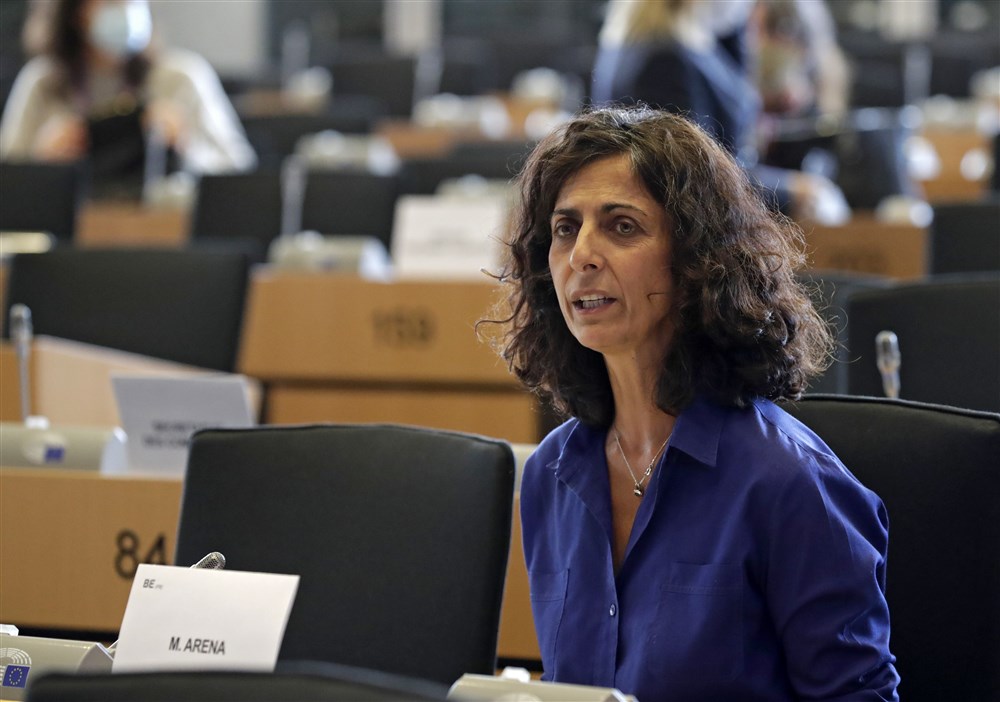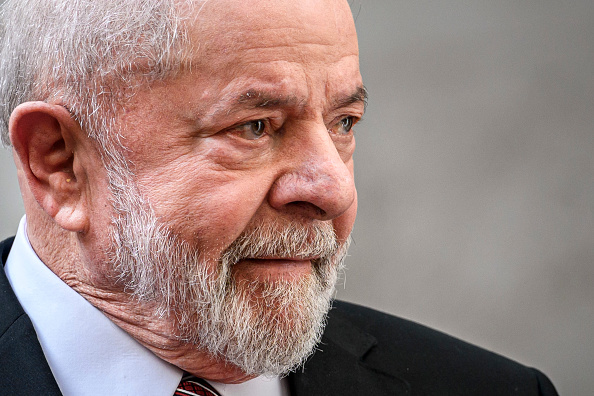Until this month, most people were unaware of what a “kill notice” was when it came to news agencies, but after the debacle of the Princess of Wales’s Mothering Sunday family picture, this phrase has entered the public lexicon.
These new agencies pride themselves on their neutrality and impartiality. So it came as quite a shock to discover that one of the largest and most prestigious news agencies, the Press Association (PA), had issued a kill notice on some of its own copy. But this time it was not a happy family picture that had been photoshopped. The issue was political editorialising.
News agencies are expected by those who use their work to provide dry, factual copy about events. This copy is then used by their subscribers who can editorialise and add colour and, to an extent, opinion. Newspapers and broadcasters cannot be everywhere; the agencies like PA and Reuters provide an invaluable service.
What had happened is that an agency staffer had filed copy about the Liberal Democrat conference in which he referred to the fact that Reform UK (for whom I consult) had overtaken them in the polls. What was at issue was that they described Reform as “far Right”. Given that this is agency copy, it should deal with facts not opinion.
The BBC (and others such as The Independent and the Mail on Sunday) just took the copy as written, not batting an eyelid at the opinion – and as is normal, passed the copy off as their own. Indeed the BBC version was even signed off by a senior journalist. This is where the problem lies. When trusted news sources present opinion as fact, we are in a perilous place.
It is clear that the media bias leads to public confusion? If you call Reform “far Right” – even The Guardian accepts that this is an unreasonable description – then what have you left in your adjectival cupboard to describe the BNP, or nationalist terror groups?
The point is that if the BBC can get away with describing a party like that, then that makes it open season for every other news organisation to do the same, such is the power of the BBC’s pronouncements.
Why did Reform complain? Because if it had not, and this sort of inaccurate description became the norm then it, and anybody associated with it, could be described in the same way.
We have already seen with the debanking scandal, the impact that that can have on people’s lives and their livelihoods. It would embolden extremists on the Left to take the law into their own hands, and provide justification (in their own minds) to those who make and could carry out threats to party members.
One has to remember that only a couple of weeks ago Simon Danczuk, the Reform candidate in the Rochadle by-election, was faced with a serious death threat, and a mere supporter was threatened with fire bombing and rape.
It is clear that the news organisations recognised the danger of what they had allowed into their copy. Almost by return to a complaint, the BBC issued an apology and a retraction, but blamed the agency, though did not name it.
PA itself responded without a direct request by removing its own copy and issuing a “kill notice” to those other organisations that had used its words.
The point of all this is that one can no longer expect fair and reasonable treatment from those expected to provide clear unbiased copy. One has to watch like a hawk and respond to anything that breaks that impartiality.
People have opinions, and should be free to express them. But when news is biased, it affects the entire national conversation






Europe’s capital needs media to challenge the status quo: That’s why Brussels Signal is launching